
I was lucky to find “my person,” when dealing with cancer: someone who was experiencing similar situations as I was, even if she was thousands of miles away.

I was lucky to find “my person,” when dealing with cancer: someone who was experiencing similar situations as I was, even if she was thousands of miles away.

When I was first diagnosed with triple-negative breast cancer, I initially thought, “why me?” Now I wonder, “why not me?”
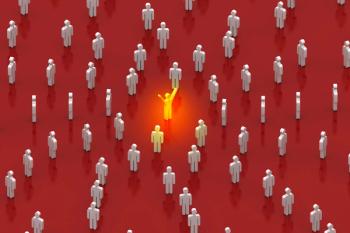
I knew my family was close, but it wasn’t until my mom was diagnosed that I realized how bonded we truly were.
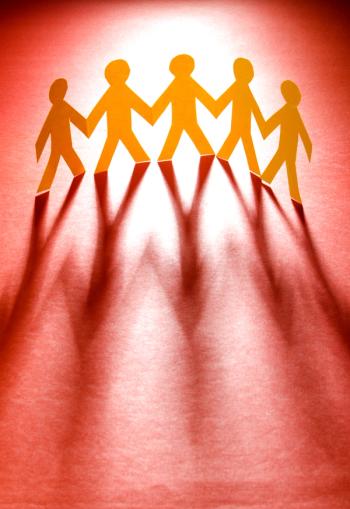
After breaking 20 years of sobriety, I received even worse news: my leukemia had relapsed, and I’d need a bone marrow transplant. Thankfully, my family and treatment team lifted me up during this difficult time.
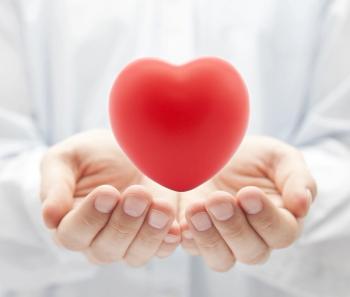
Receiving a brain cancer diagnosis was scary, but it taught me to be more forgiving to others and proud of what I have accomplished.
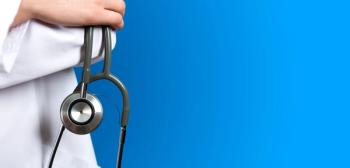
After being diagnosed with lymphoma, I scheduled consultations with three oncologists, but only one provided me with the hope I needed.
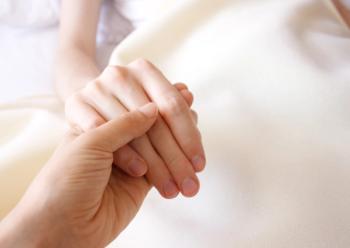
I was never sick before cancer, so my diagnosis made me learn how to be ill and accept the kindness of others.
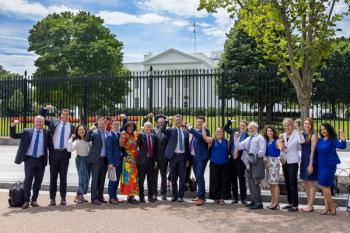
My trip to the White House to advocate for myself and other patients with cancer was an empowering and memorable experience.
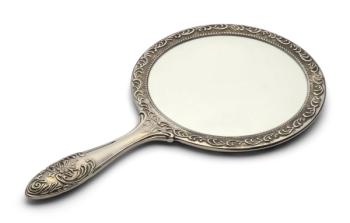
I’ve had leukemia for 13 years, and don’t owe anyone an explanation why my hair is short, or my face looks puffy.

In this poem, I chronicle "Suzy Q's" experience with acute lymphoblastic leukemia.
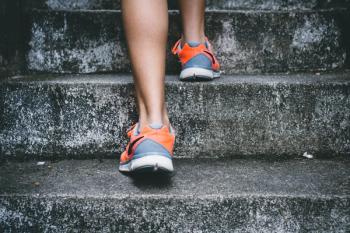
I went from being an avid runner to running from information about my lung cancer. But now I embrace my diagnosis and am an active participant in my care.
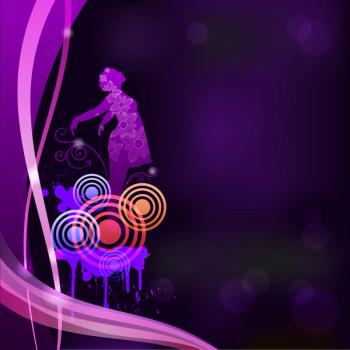
I didn’t let my cancer diagnoses get in the way of living life.
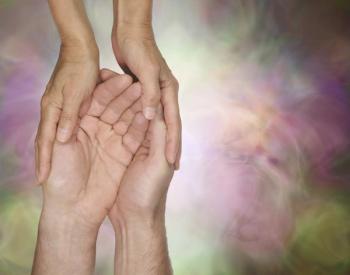
I turned my cancer-related depression and frustration with the health care system into something positive for others with the disease.
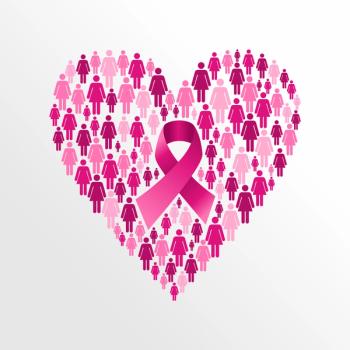
Looking back on my breast cancer experience, I contemplate what it means to thrive.
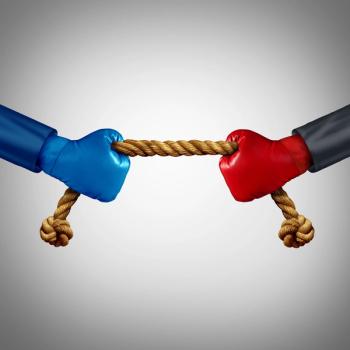
My healthy body was hijacked by an enemy (ovarian cancer) launching my continuous fight against the disease.

After undergoing treatment for triple-negative breast cancer, I’m living my life with cautious optimism, and will always seek out joy.
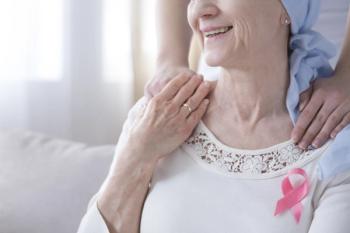
Cancer tried to kill me, but I came back even stronger than ever.
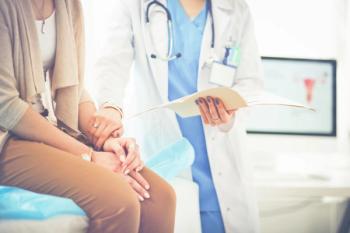
The medical world has antidotes for many of the issues that arise from cancer treatments, so I learned to speak up about what I was experiencing.
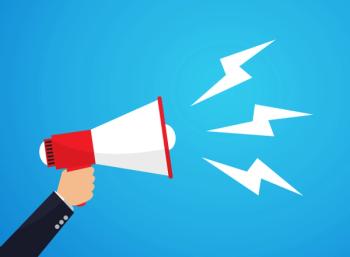
After being diagnosed with breast cancer, I became a fierce advocate for myself.
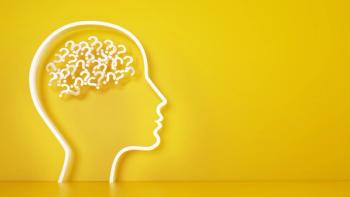
I underwent cancer treatments during my lunch breaks at work. Looking back, I wish I took some time off.

While I've been deemed no evidence of disease, I'll continue to support others in my cancer wolfpack.

After I held my hand as my mom died, I wondered who would hold mine as I went through cancer.
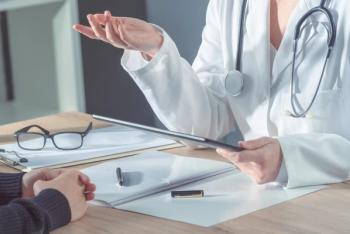
While I’m usually a private person, it’s important to me to share my three bouts with cancer so that others will learn their bodies and their family history.
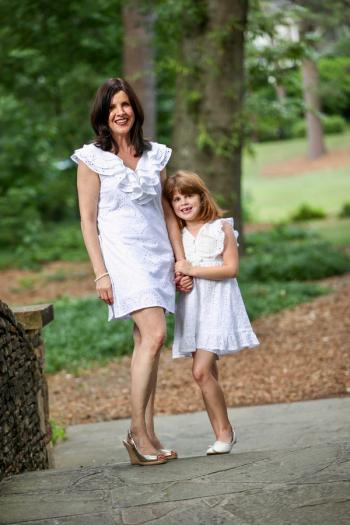
Cancer made me more empathetic, as well as an advocate for the HPV vaccine.
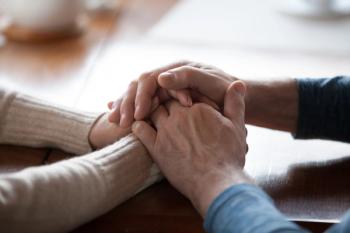
Despite my mother and grandmother’s history with the disease, I never thought I would one day receive a colon cancer diagnosis.
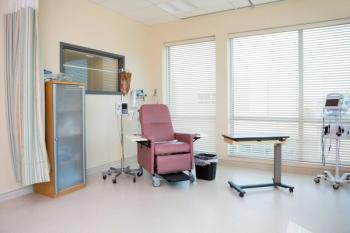
I pretend I’m at a spa day as an oncology nurse in a hazmat suit unhooks me from the intravenous drip machine.
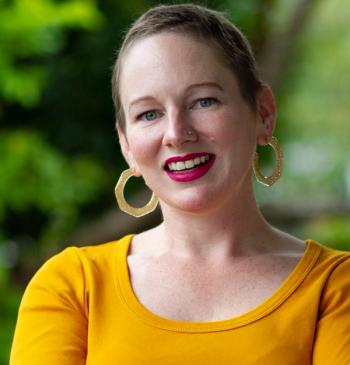
As I face the end of my life due to metastatic colorectal cancer, I’m preparing my loved ones for my death — from determining who gets my stuff to writing my eulogy and making my memorial service playlist.
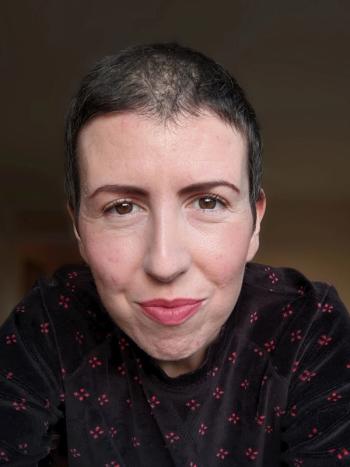
I was working hard and feeling burnt out, until a cancer diagnosis forced me to slow down and reevaluate the important things in life.

After I was diagnosed with anal cancer, doctors wanted me to get an colostomy bag, but I refused. Later on, I had to voice my concern about a drug that could improve my chances for survival.